My cat nibbles my face, destroys my clothes, or has even developed a real obsession with curtains... Frédérique Blot, aka La Psy de Mon Chat, psychologist and feline behaviorist, deciphers four behaviors in our cats.

Frédérique Blot is a psychologist and feline behaviorist. She has recently trained in pet bereavement support with Lynne Pion, known in Canada and France for her books and groups on the subject.
When she's not consulting, Frédérique passionately runs the blog La Psy de Mon Chat, where she teaches us how to decode their messages and shares tips to help our furry companions feel good in their paws.
Frédérique kindly agreed to a Q&A, addressing four specific behaviors observed in our clients’ young cats.

#1 My kitten nibbles my face and clings to me
"My kitten tends to 'bite' my face (chin, cheeks, neck) at night, gently, while purring and lying on me. It seems like he’s clinging to me? I don't know what this means or how to stop it!"
Frédérique Blot’s answer: Kittens love to bite everything they find—it helps them practice hunting. If your kitten was well socialized by his mother (between 2 and 3 months), he’ll have learned to control his bite. If not, his biting may be painful.
If he clings to you, purrs, and then bites your face, he may be experiencing a form of regression. If he also kneads, it's an additional sign that he’s remembering nursing from his mother, replicating that behavior for comfort and joy.
However, remember that your tiny 500g kitten will soon be a 4–5kg adult. Keeping this in mind will help you decide when to set boundaries.
If this happens at night, he may be trying to create a ritual: "I do this, and they wake up and cuddle me." So: "If I get attention, I’ll do it again."
If it's at night, pretend to sleep and do not react with cuddles or attention.
If he bites your face, turn away and ignore him—no cuddles, no engagement. Alternatively, place a blanket or stuffed toy in front of your face and gently push him toward it. The goal is to redirect him.
In any case, you must break the habit of letting him bite your face—or any part of your body.
#2 My cat suckles on me
"What does it mean when an adult cat suckles on us?"
Frédérique Blot’s answer: A kitten suckles from his mother while kneading around her nipples to stimulate milk flow. It's a moment of pure bliss for him.
As adults, many cats retain this kitten-like behavior. It helps them self-soothe and de-stress. It’s a comforting ritual and perfectly normal.
There’s no need to worry unless it becomes very frequent (daily). In that case, it might signal anxiety, which should ideally be addressed with a specialist.
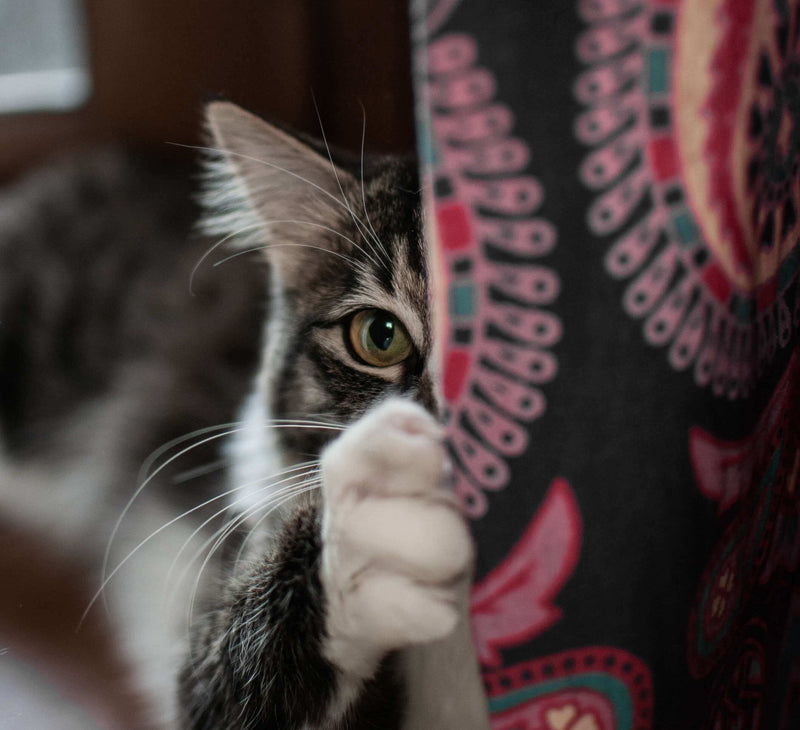
#3 My kitten is obsessed with curtains
"My cat constantly tries to climb our curtains. She’s just 5 months old. We’ve tried deterrents, loud clapping, and even a little water spray. Nothing works. Any advice? Also, she nibbles my hands when I pet her. I’m the only one she does this to. Why?"
Frédérique Blot’s answer: Cats—and especially kittens—love to climb. It’s a natural need that helps them feel safe and in control of their environment.
What not to do: Punishing a cat (yelling, sprays…) is counterproductive and increases stress. Your cat won’t understand and may even become aggressive.
What to do instead: Offer an alternative. Your kitten needs vertical space—get a tall, sturdy cat tree.
Ideally, choose a cat tree over 1.2–1.5m tall with large platforms, made from natural, appealing materials. Place it near the curtains and she’ll likely switch to that. You can also install wall-mounted cat shelves, bridges, and climbing systems.
If you already have a cat tree but she ignores it, it might be too small, unstable, or poorly placed.
As for the hand nibbling, this may be a case of overstimulation—the “pet-and-bite” syndrome. If she’s not in the mood, she might bite to set boundaries. Only pet her when she initiates it. Also, avoid playing with your hands—they’ll become targets for biting and scratching.
#4 My cat destroys my clothes
"Why does my cat turn my clothes into Swiss cheese when he's bored or upset?"
Frédérique Blot’s answer: Cats love to knead, suckle, and chew soft fabrics. If the clothes smell like you, even better—it’s their olfactory paradise, bringing comfort and security.
What to do: Always store worn clothes out of reach, and keep clean ones in closed closets.
Give your cat their own blankets or soft toys, scented with a bit of valerian or catnip to attract them. Create a toy area where they can play, tear, and release frustration.
Boredom and frustration lead to stress, and your cat will need to vent. Offer alternatives they’re allowed to use and destroy.
If your kitten was adopted too early (at 2 months instead of 3), weaning may have been incomplete, which can cause increased suckling or even fabric ingestion.
Important: If your cat swallows fabrics and not just chews or suckles them, it could be a sign of Pica—an eating disorder where they ingest non-food materials (plastic, clothing…). In that case, consult your vet.


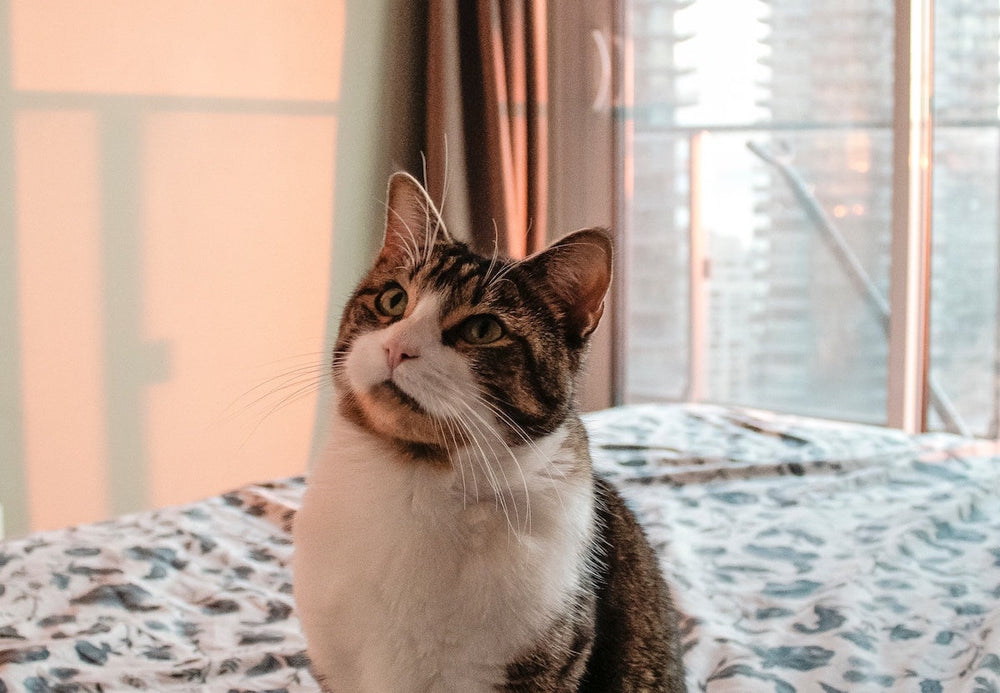
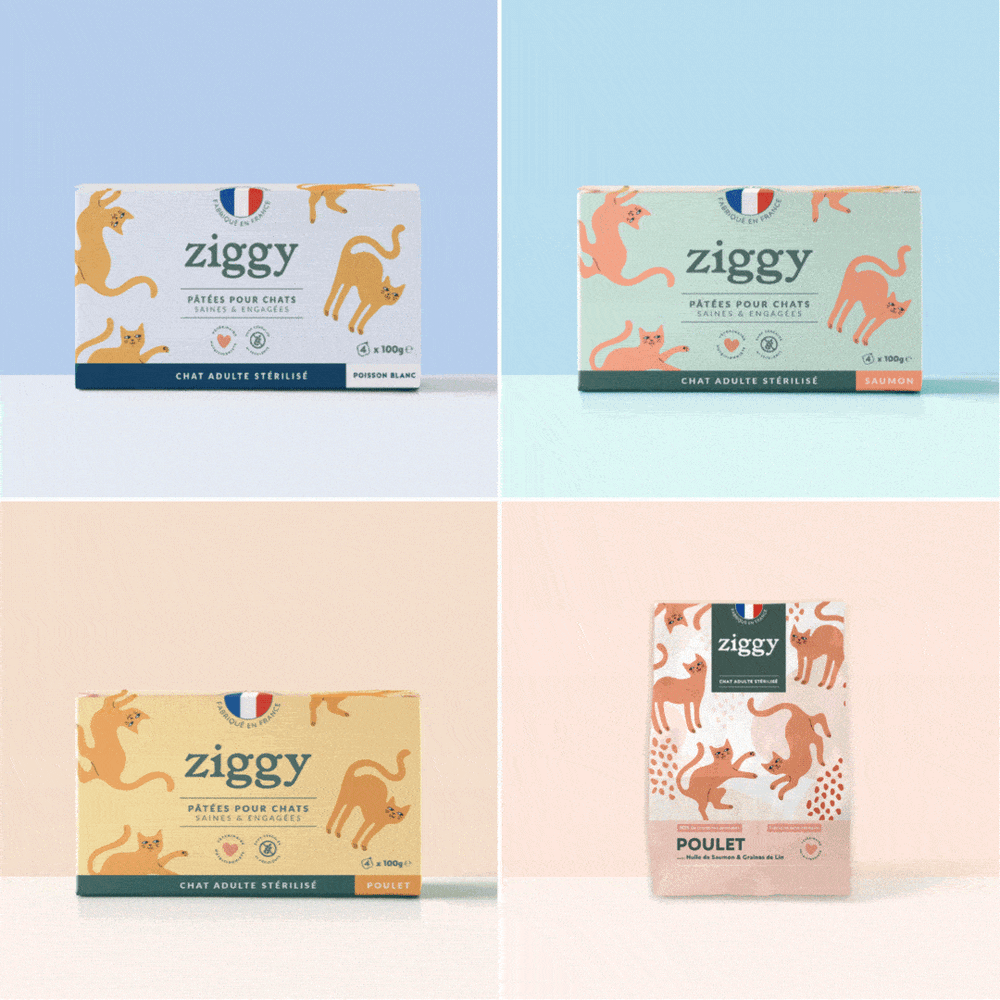

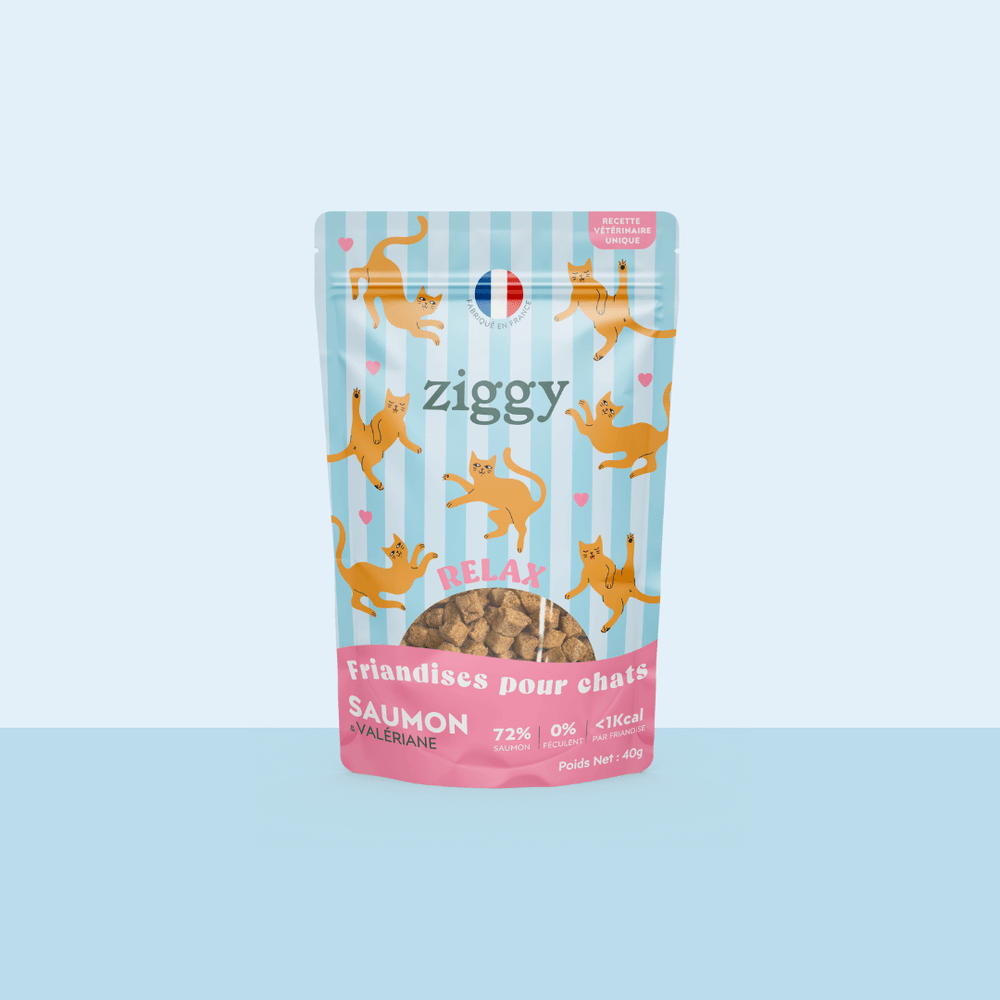
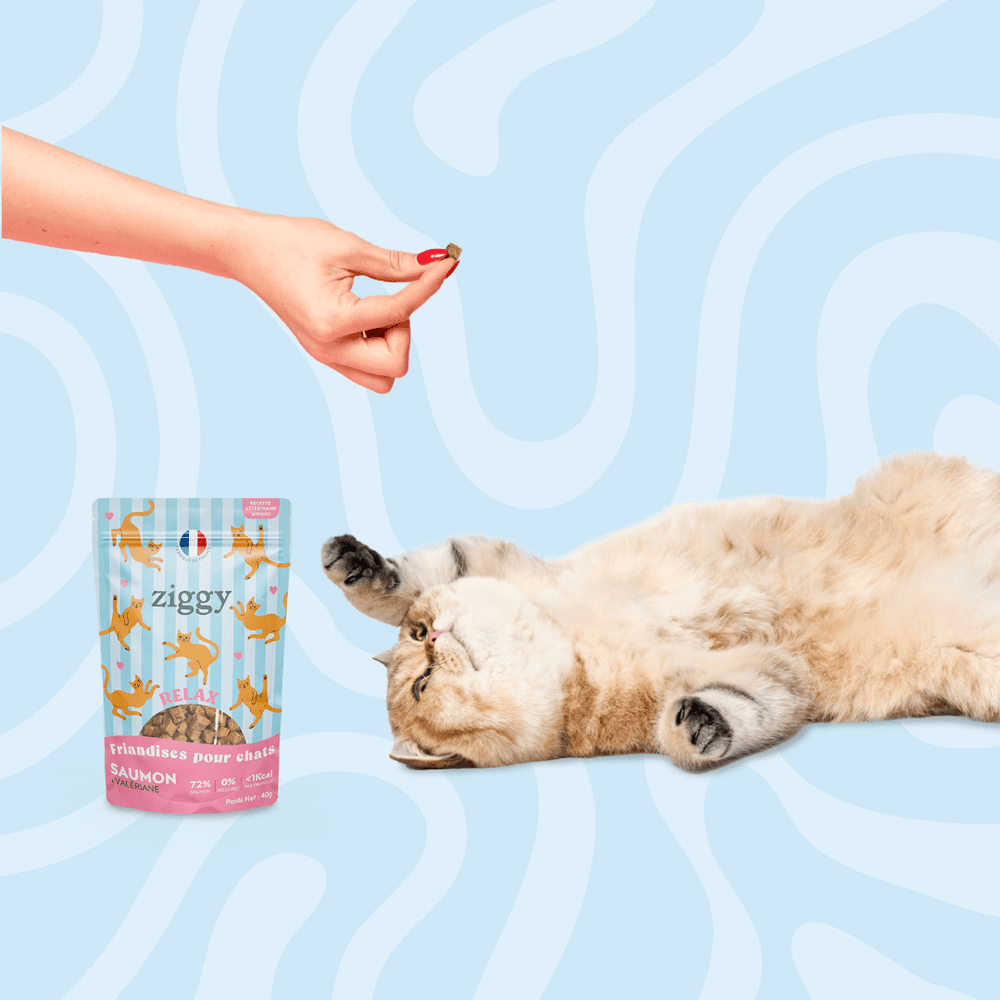
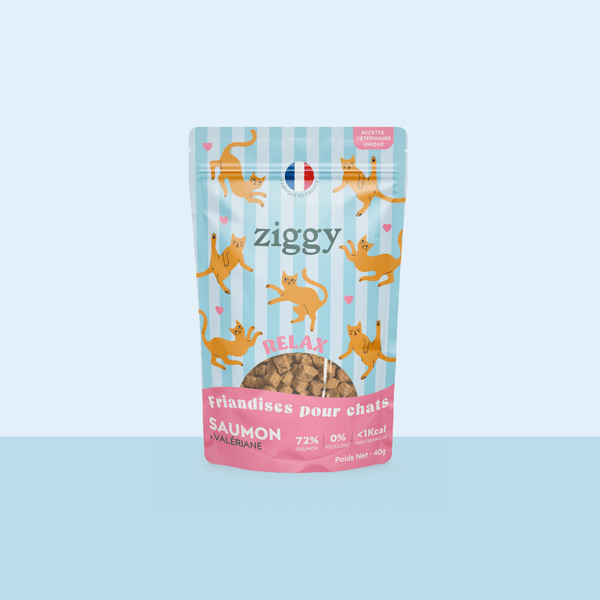
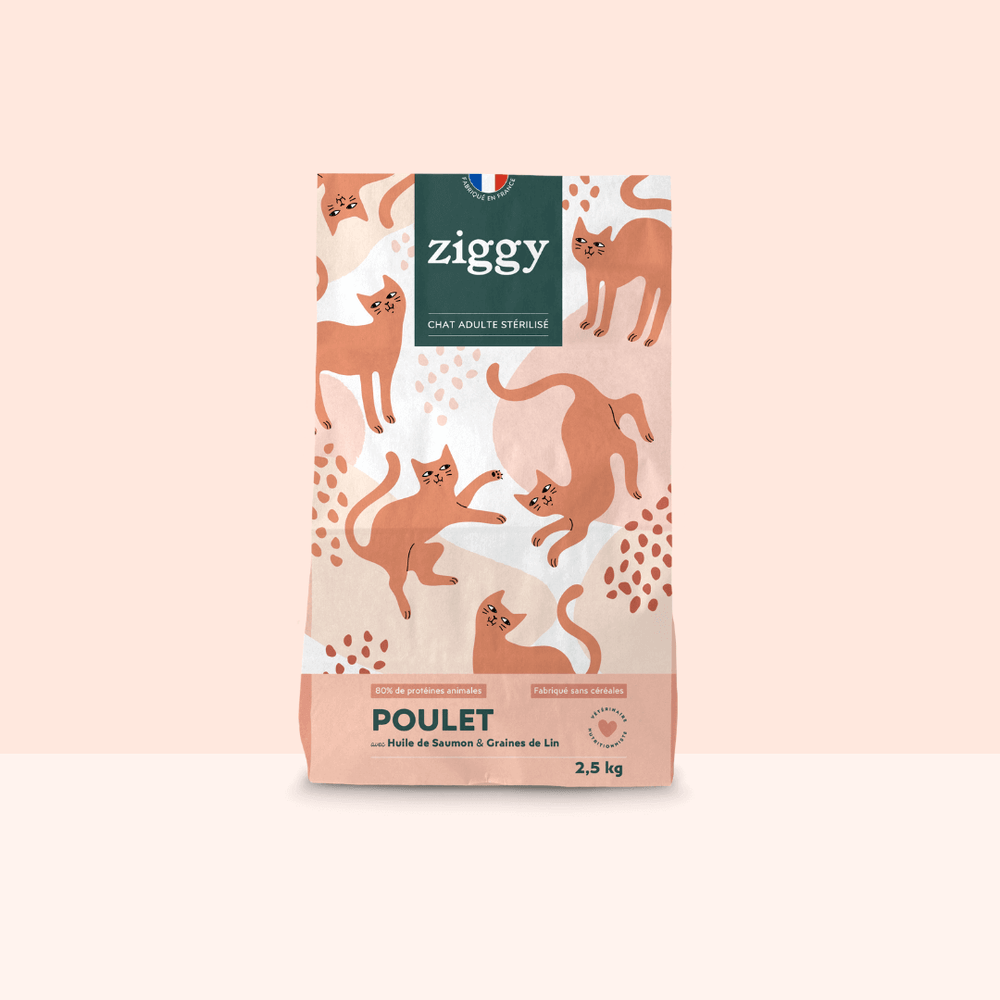

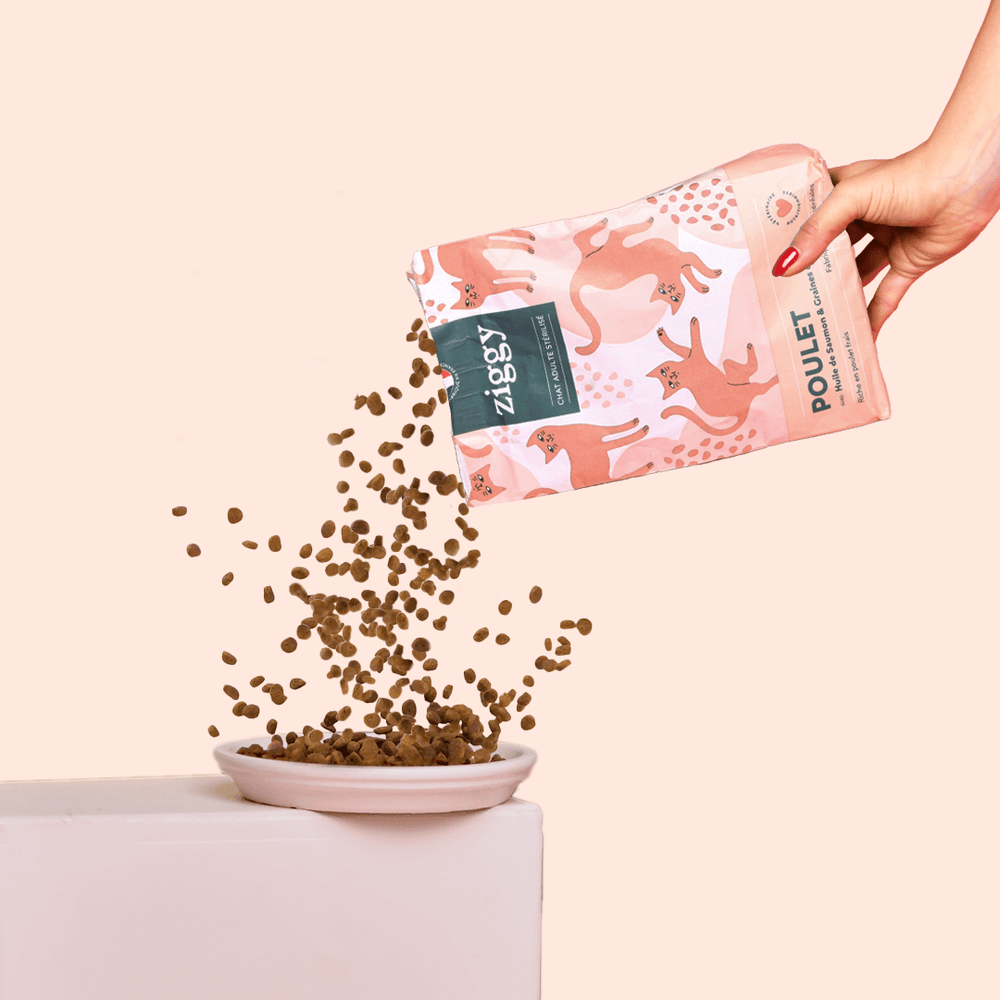
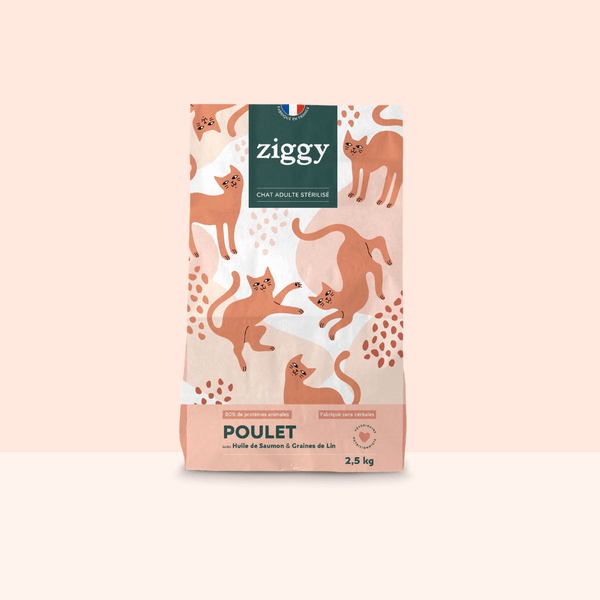

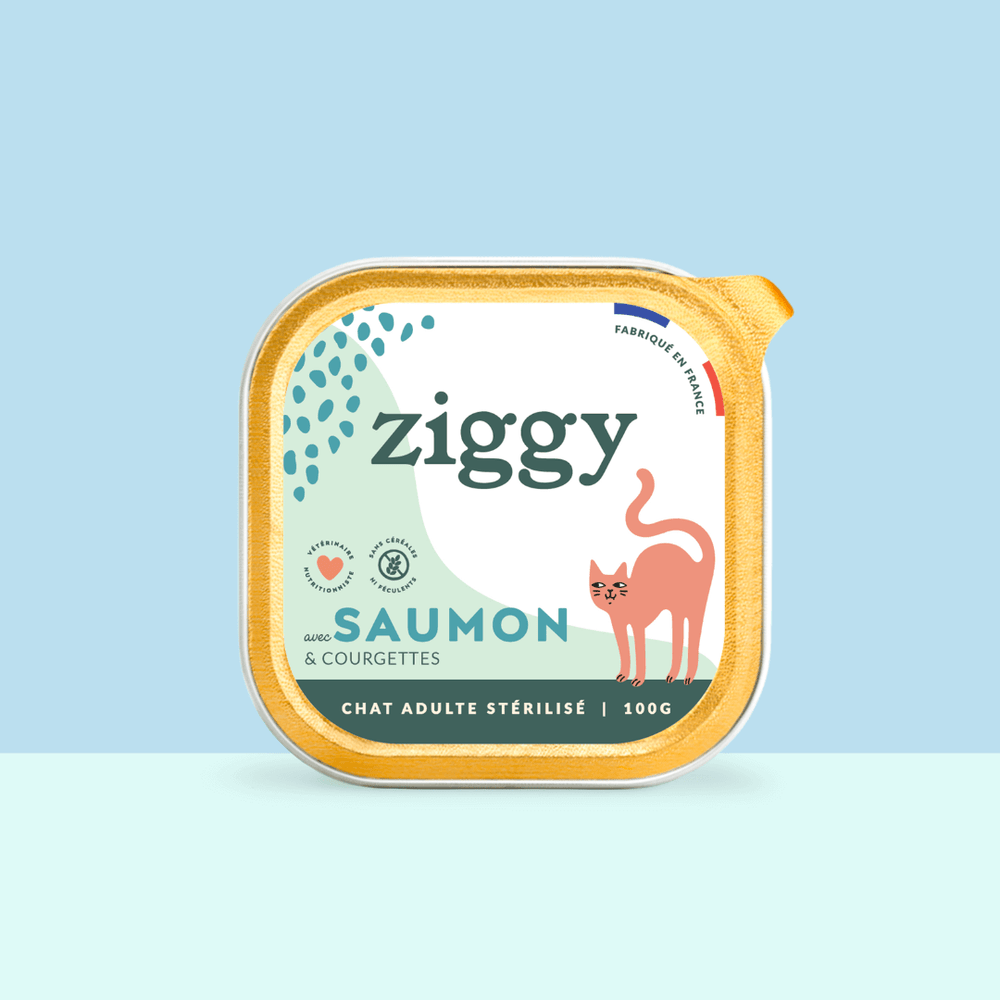

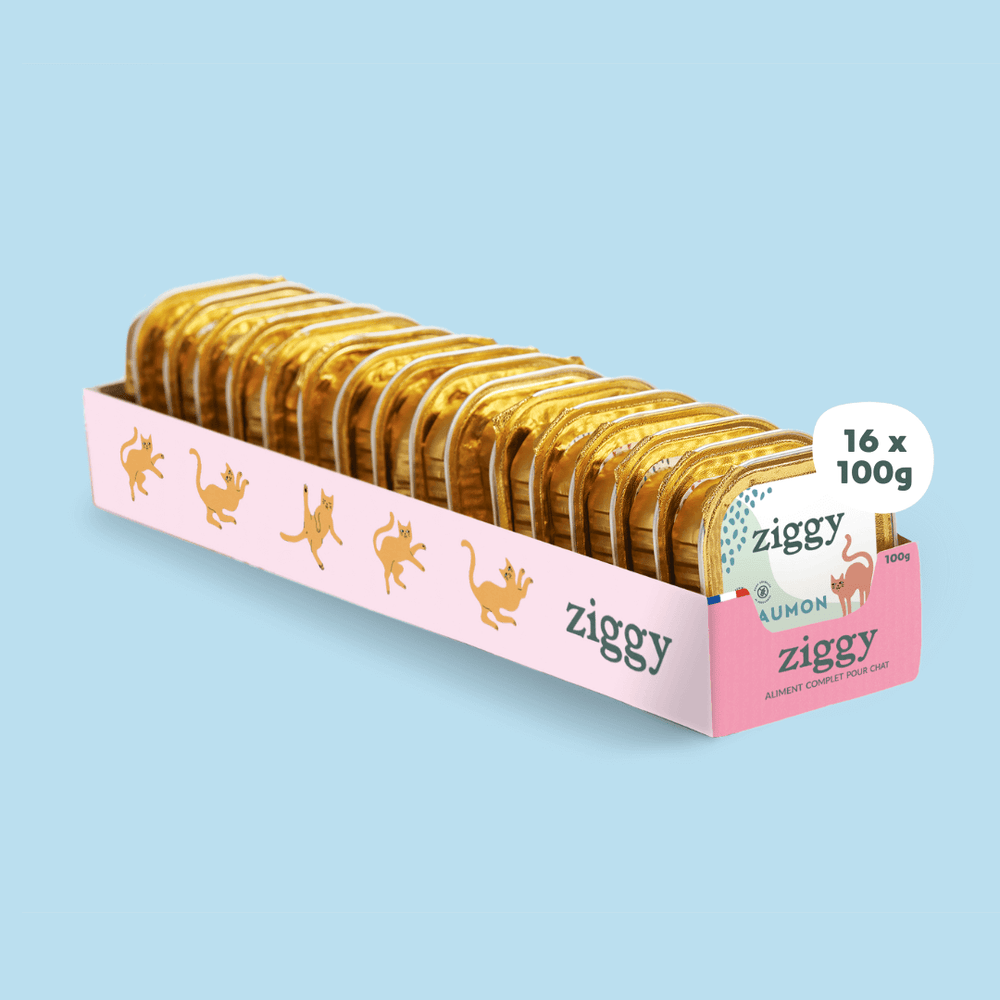
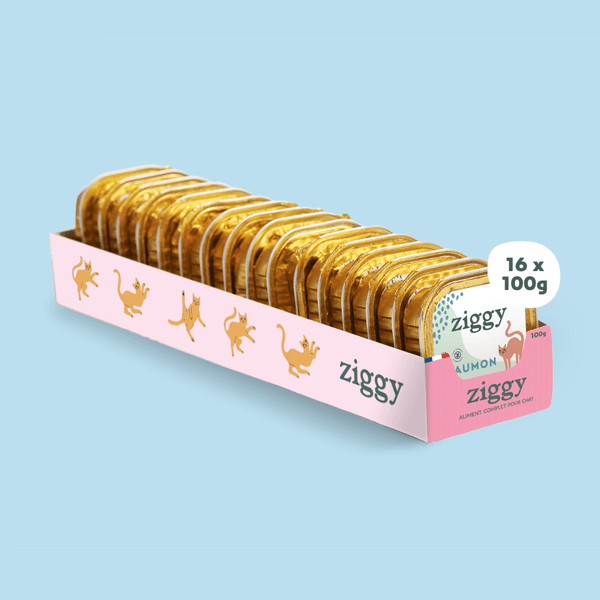




Vous donnez l’impression de connaître votre sujet, comment est-ce que je pourrais vous expliquer le nouveau comportement de mon Matou, car il n’est pas content que je ne le comprenne pas.
Leave a comment